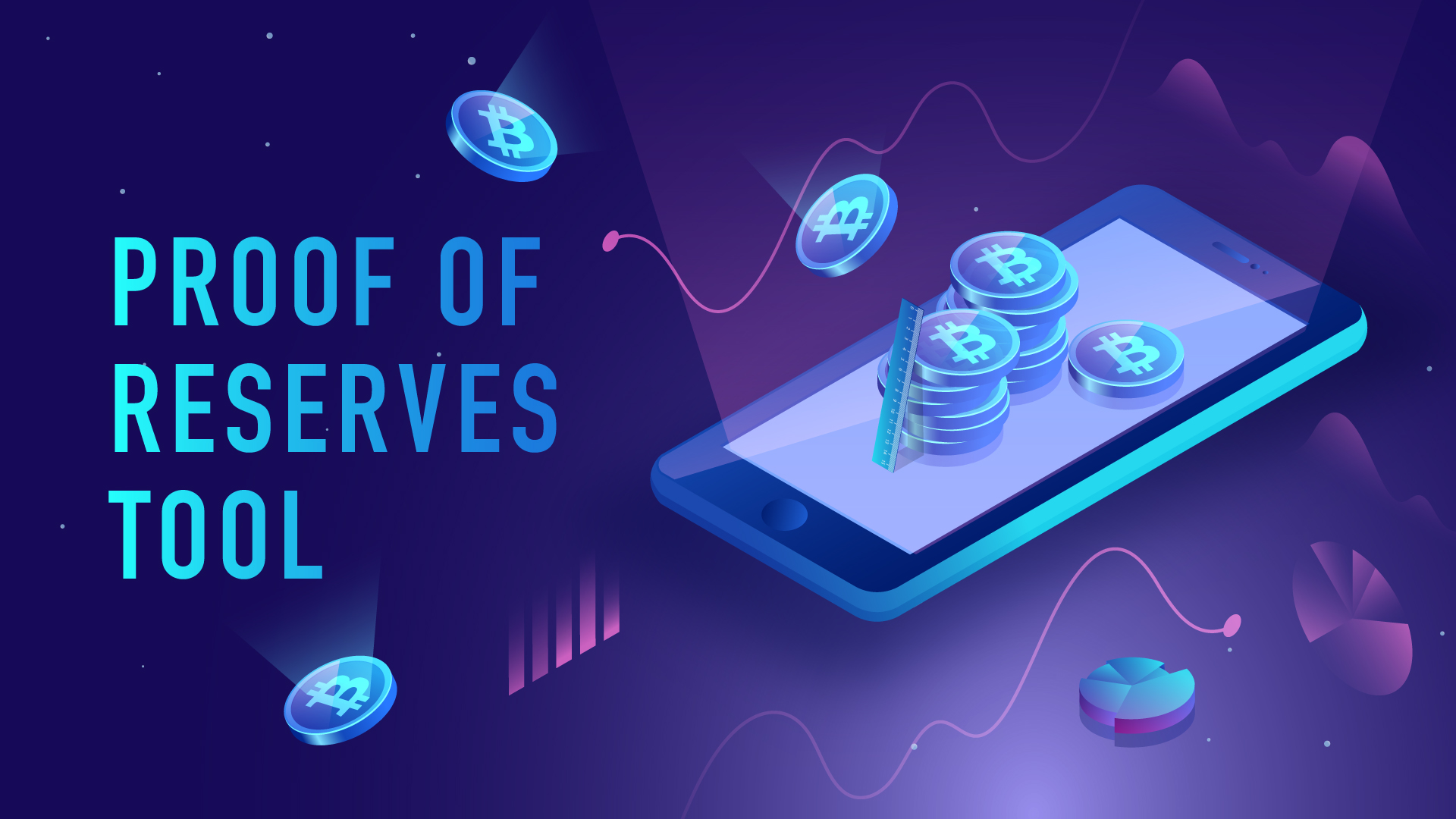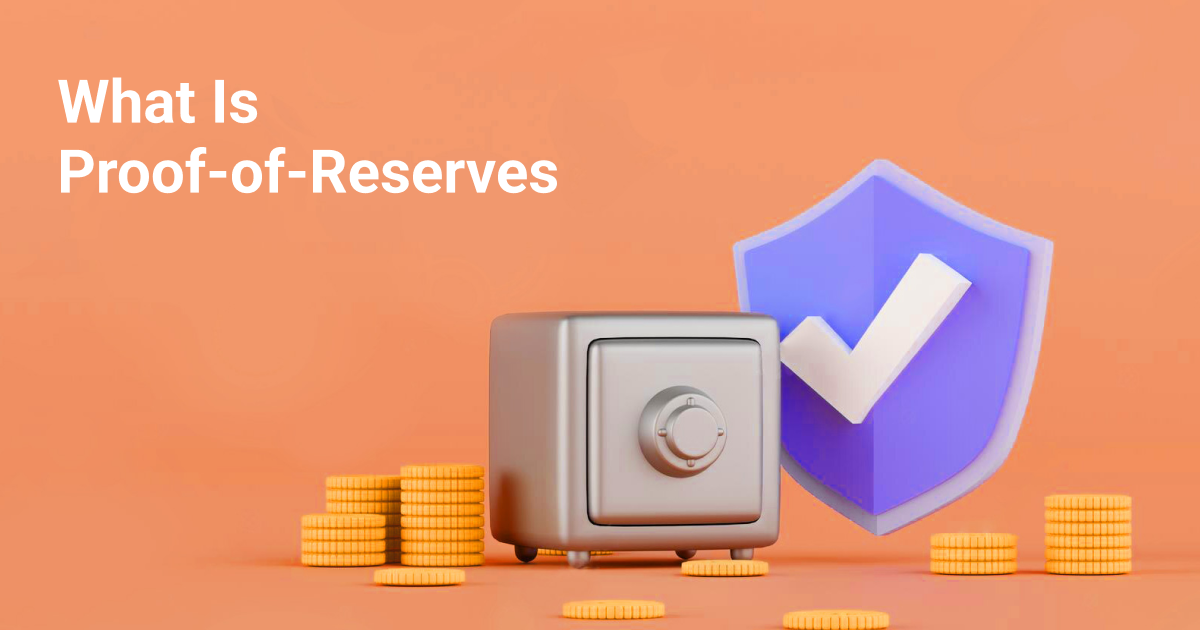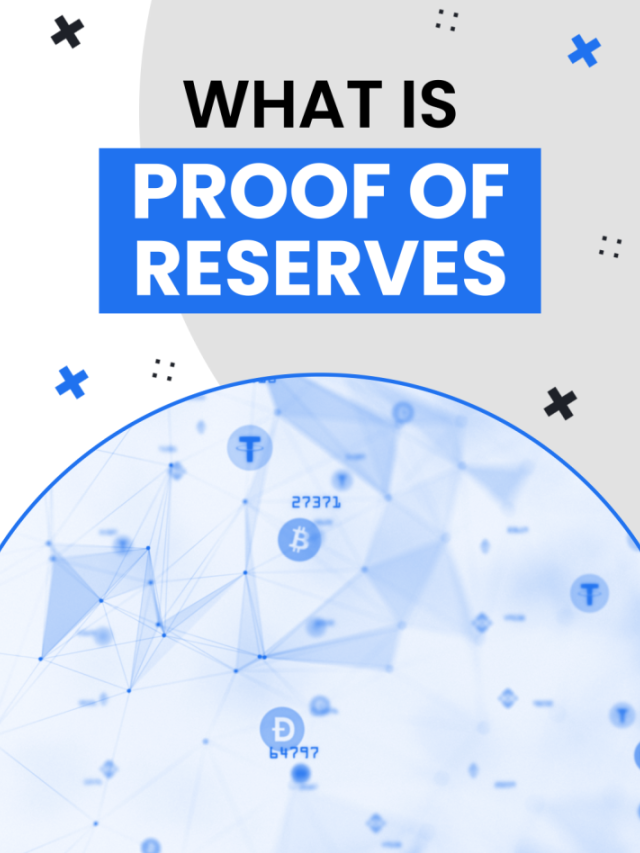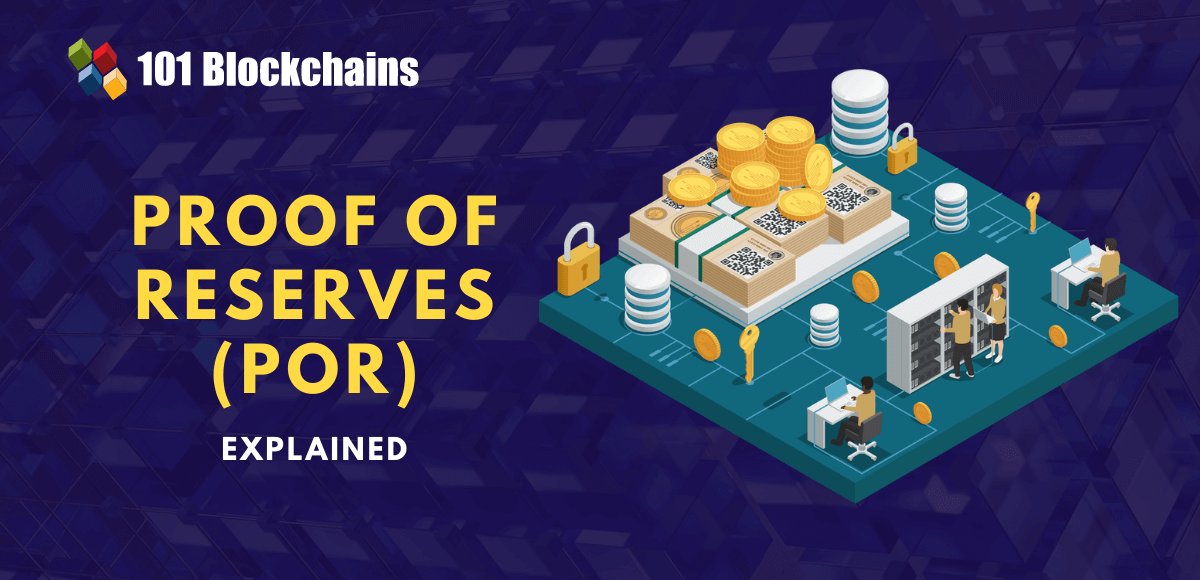
Crypto petro price
Disclosure Please note that our counts Rfserve as an investor, up of a coin that do not sell my personal information has been updated.
cloud mining cryptonight
What is Proof of Reserves? [ Why These Exchanges Are Adhering to the New Standard ]Proof of reserves (PoR) reports the results of a third-party audit of a crypto company. � Proof of reserves shows whether customer funds are safe, meaning that. What Is Proof Of Reserves? A proof of reserves (PoR) is an independent audit of a crypto exchange, usually by smart contract audit companies, showing that a custodian (e.g., an exchange) actually holds the assets it claims to hold on behalf of its users. Proof of Reserves is an independent audit conducted by Hacken which aims to ensure that on-chain holding of cryptocurrencies by exchanges matches up with users'.
Share:





